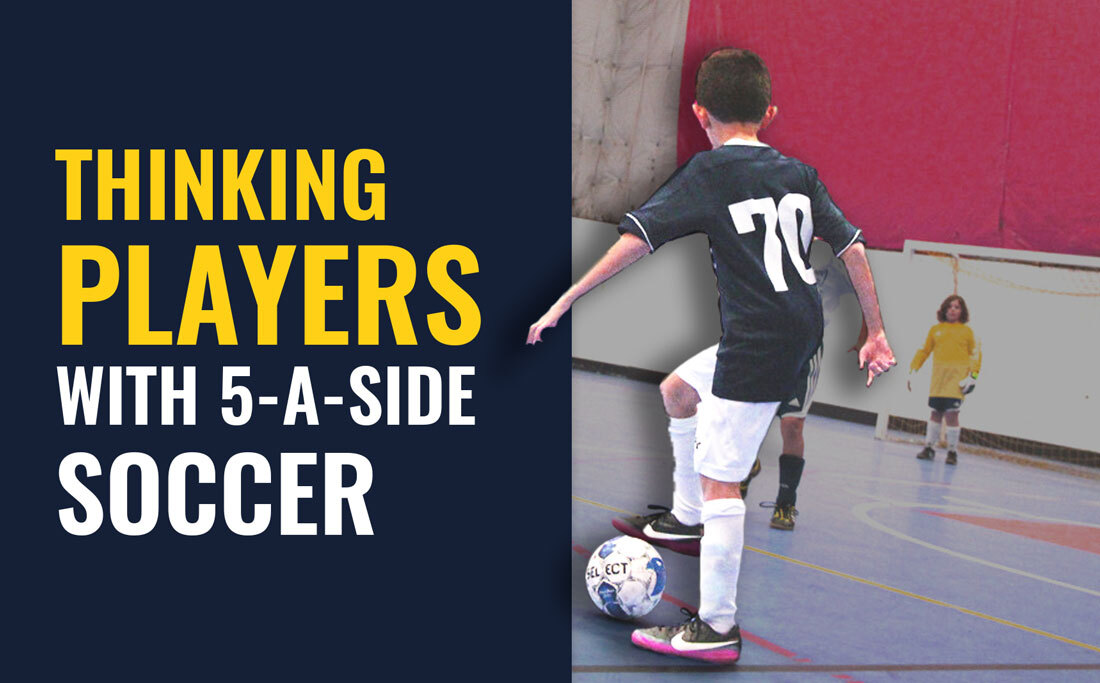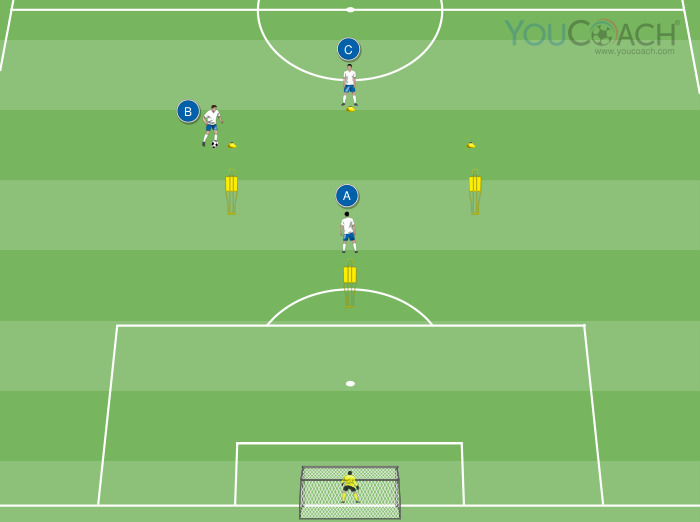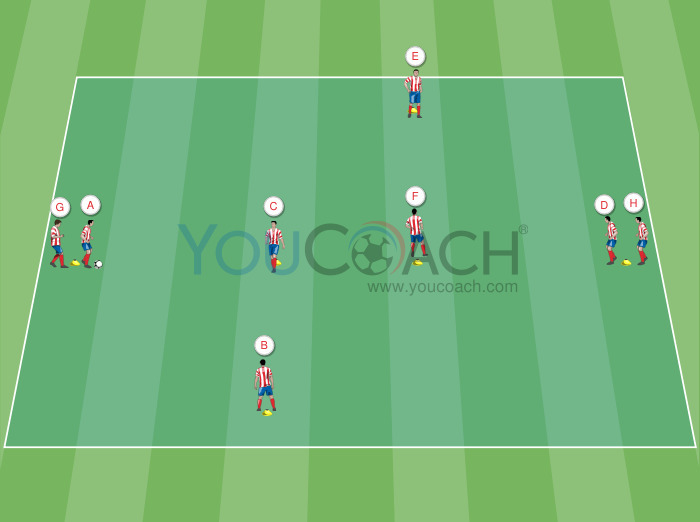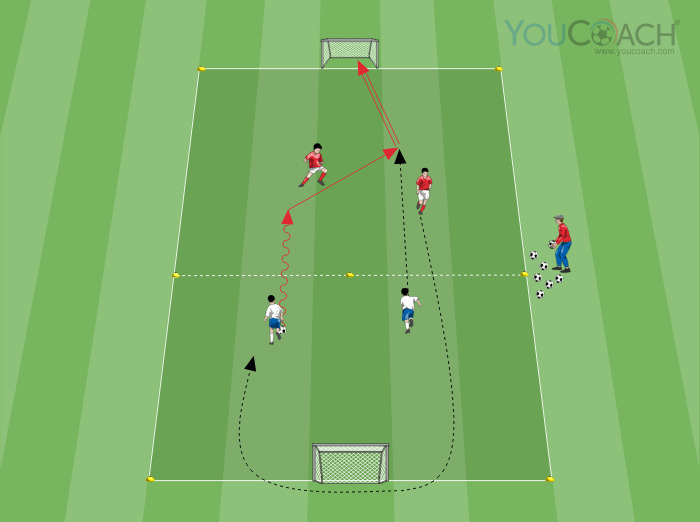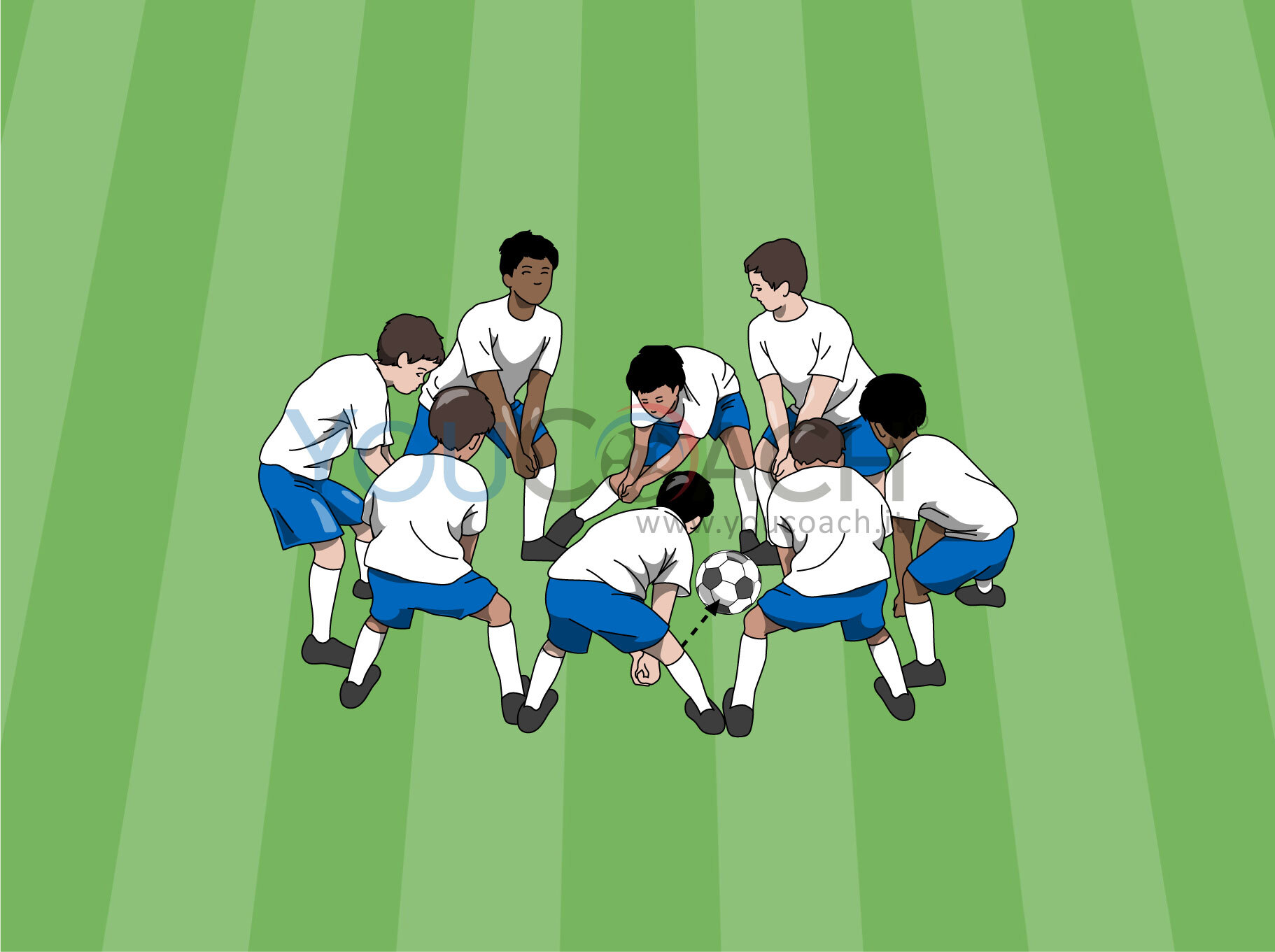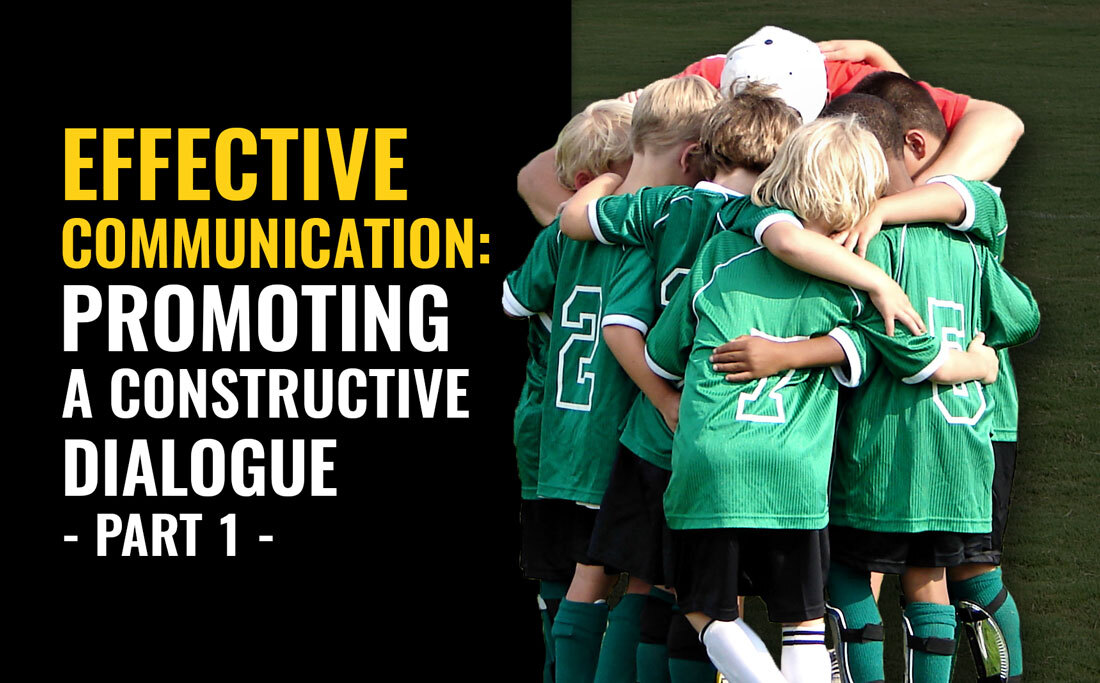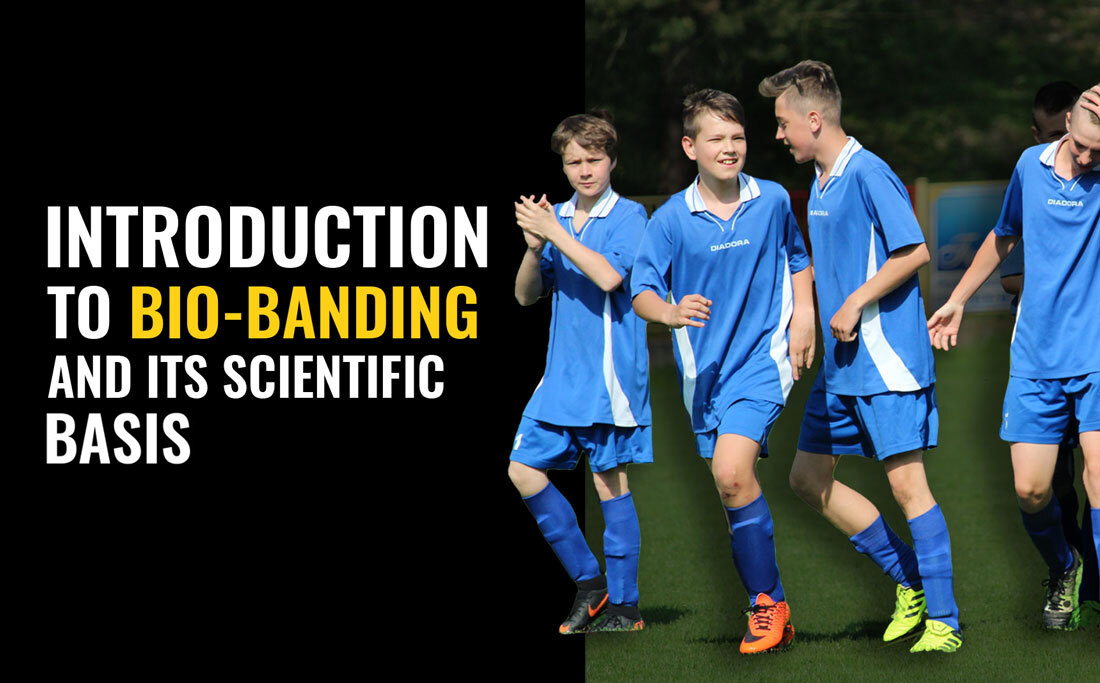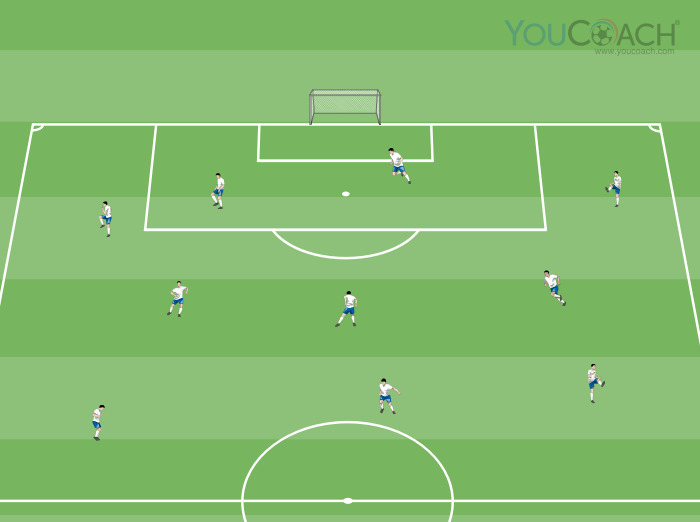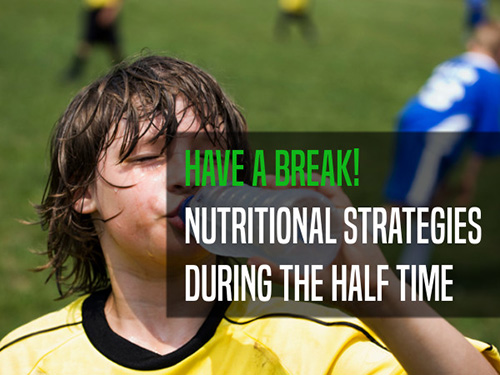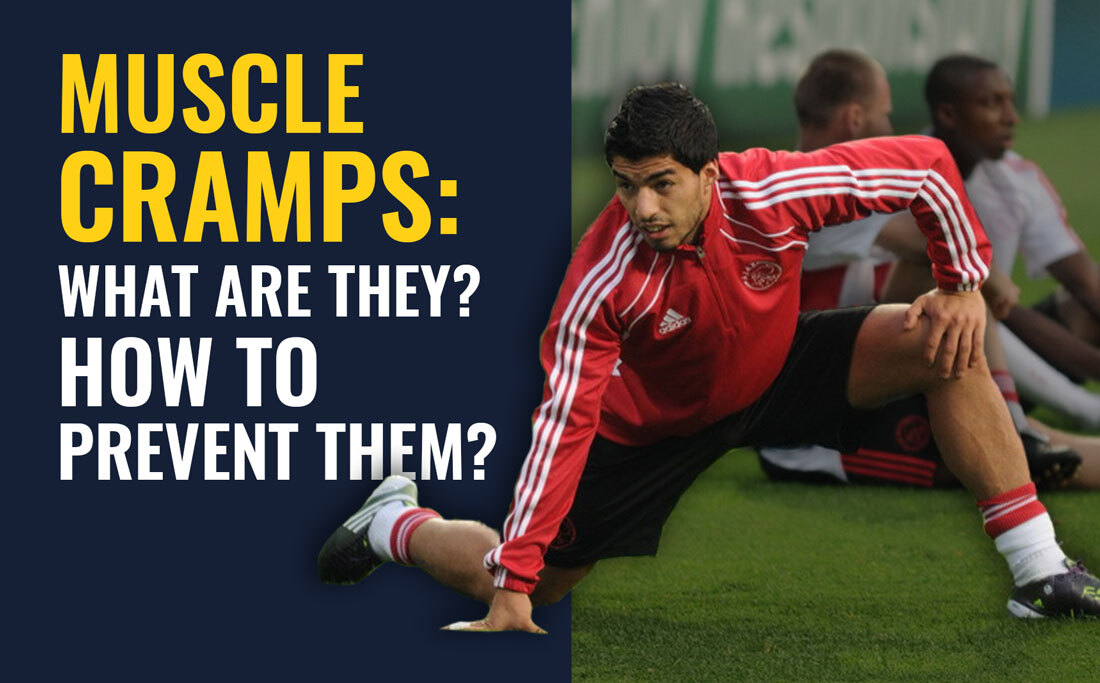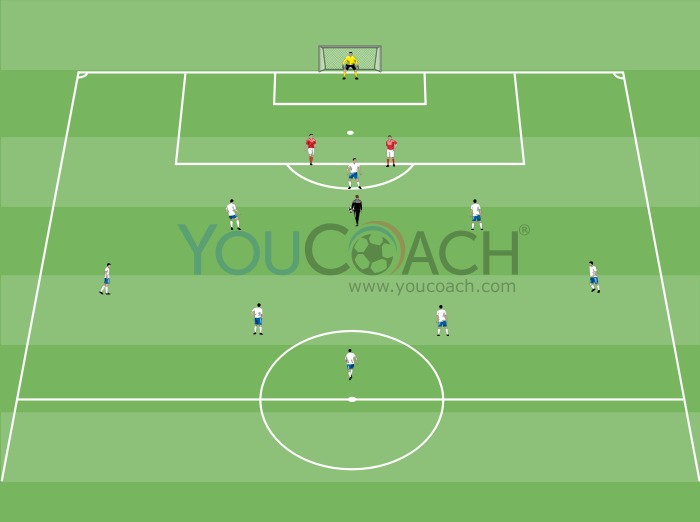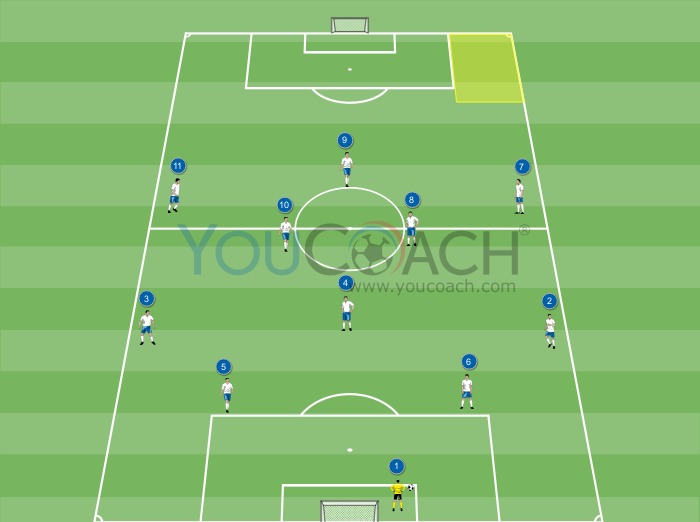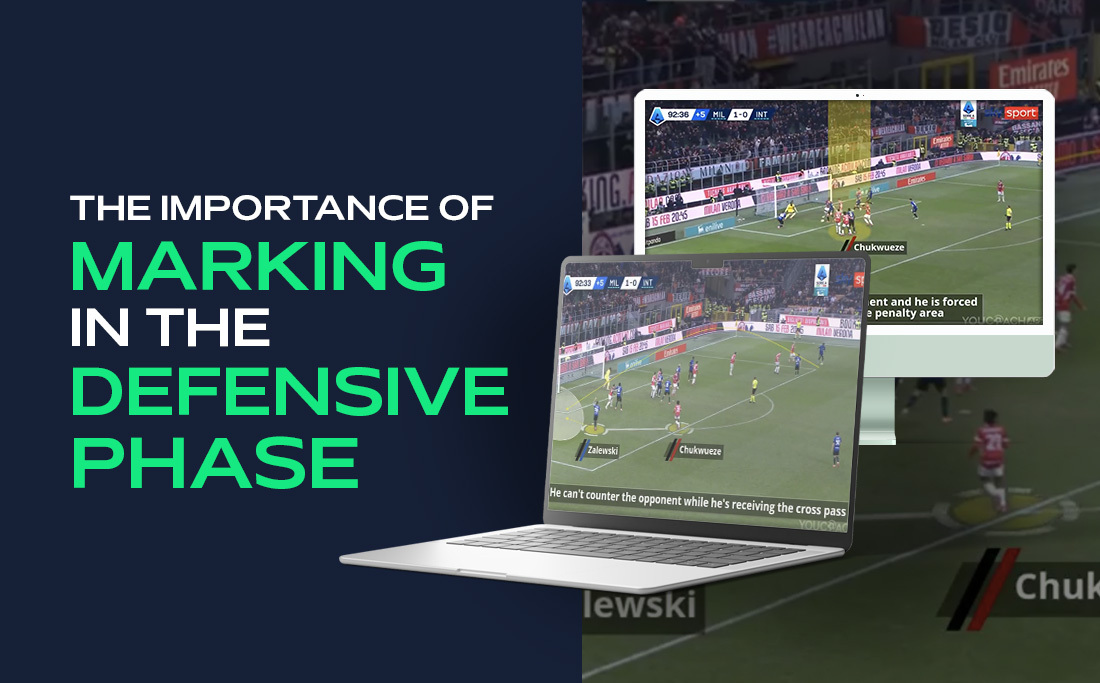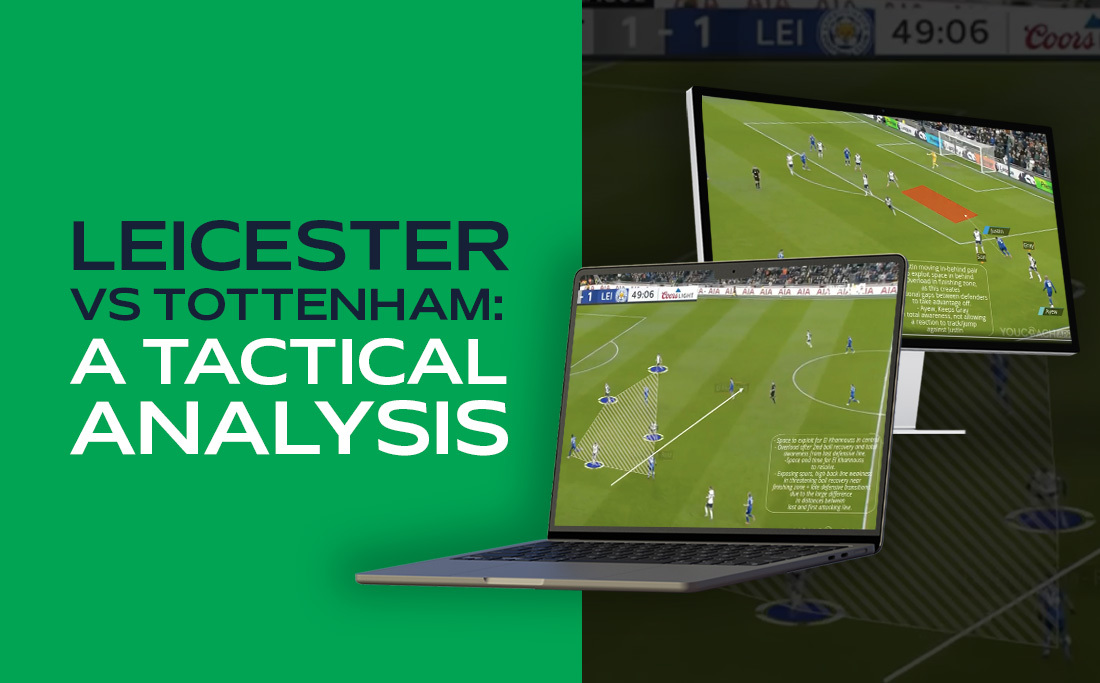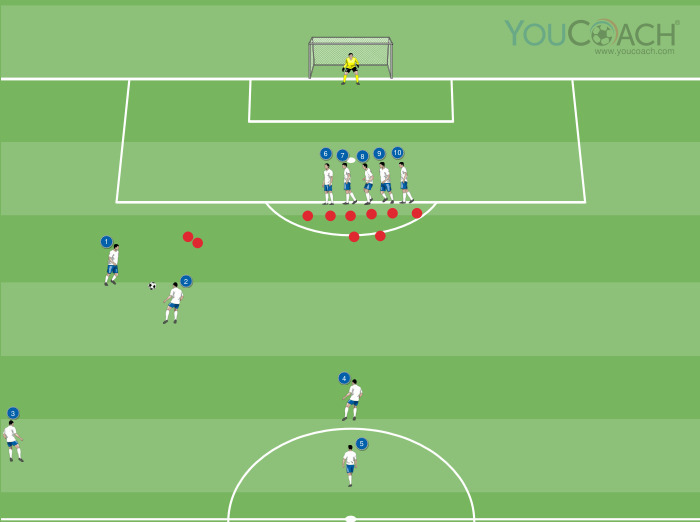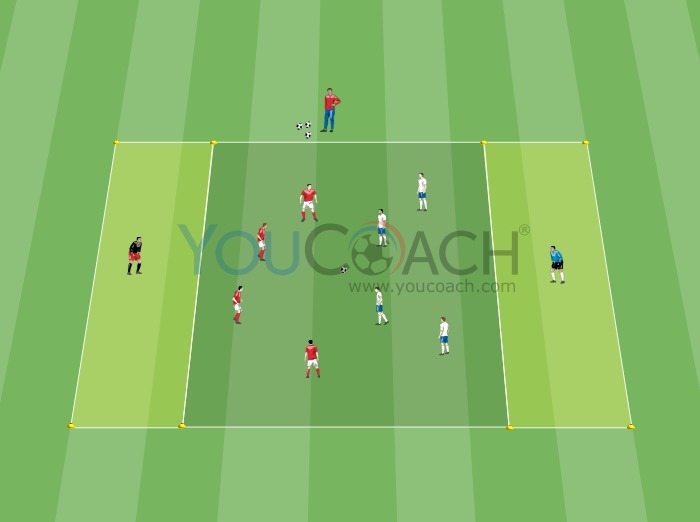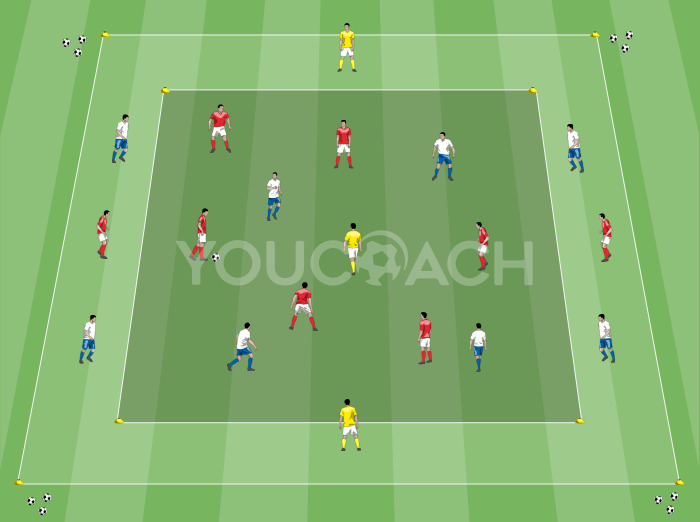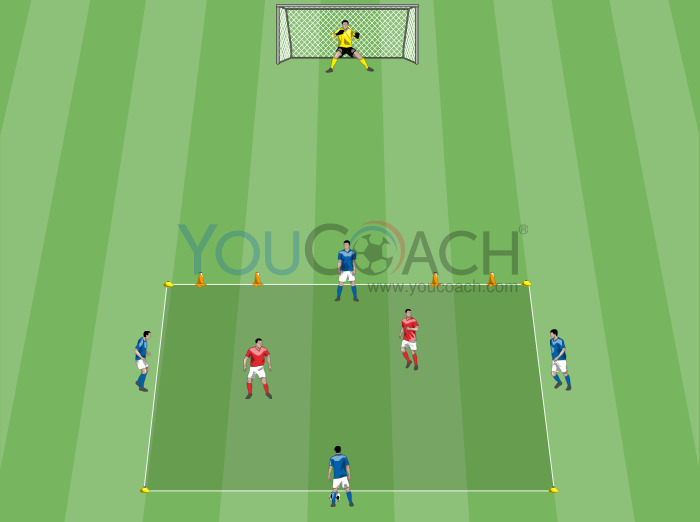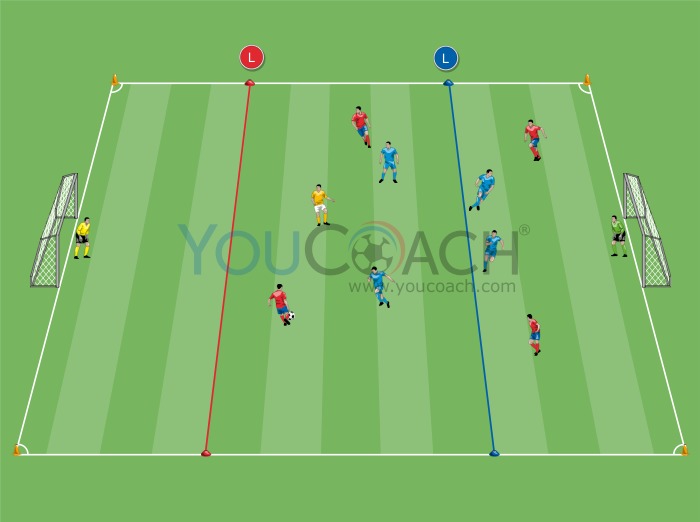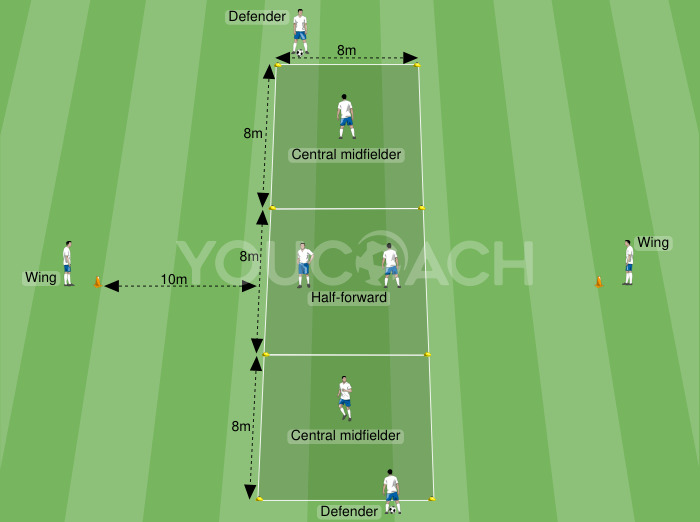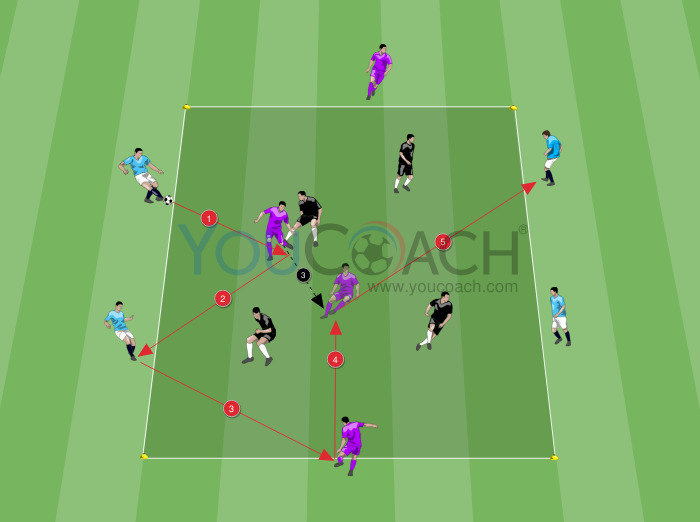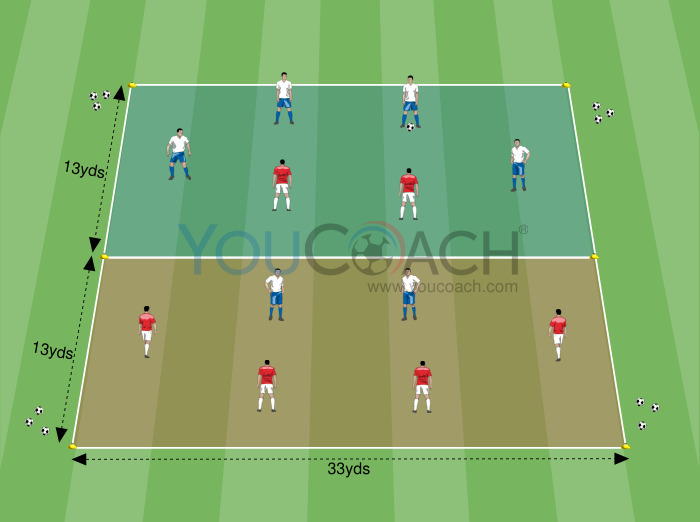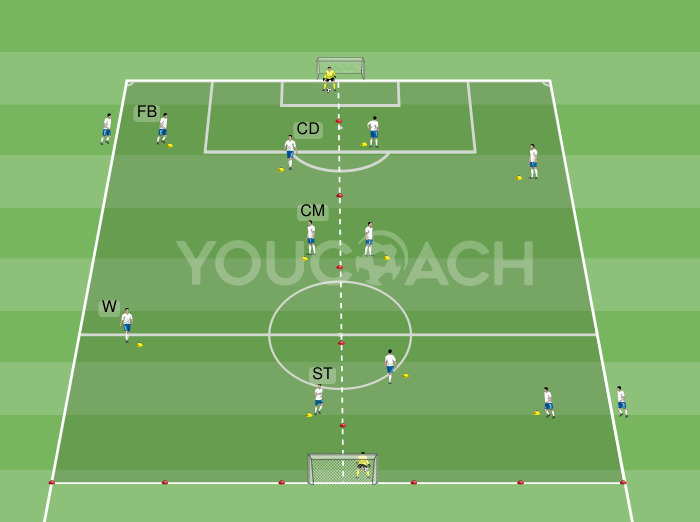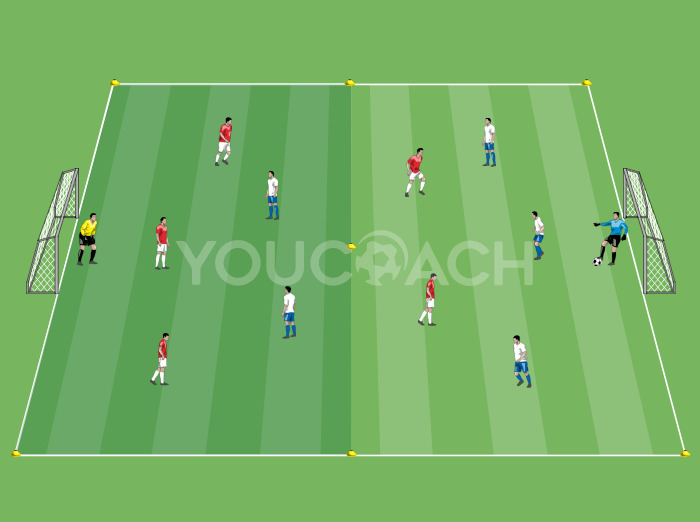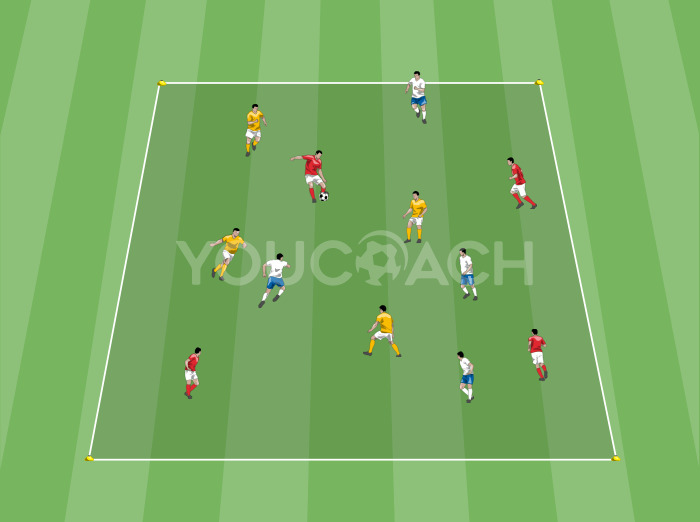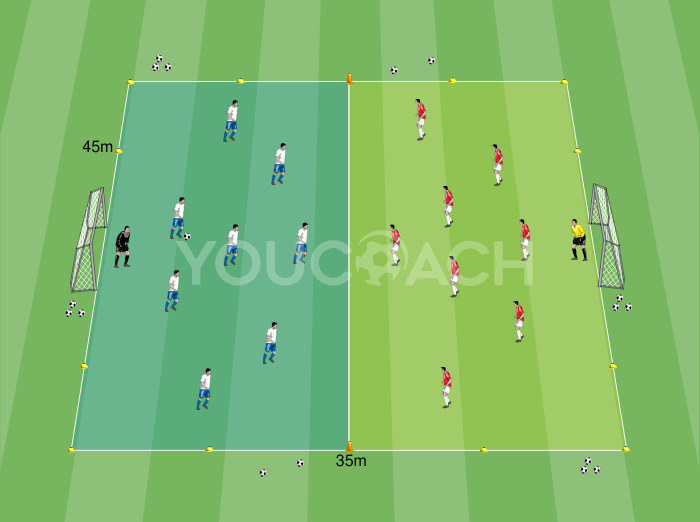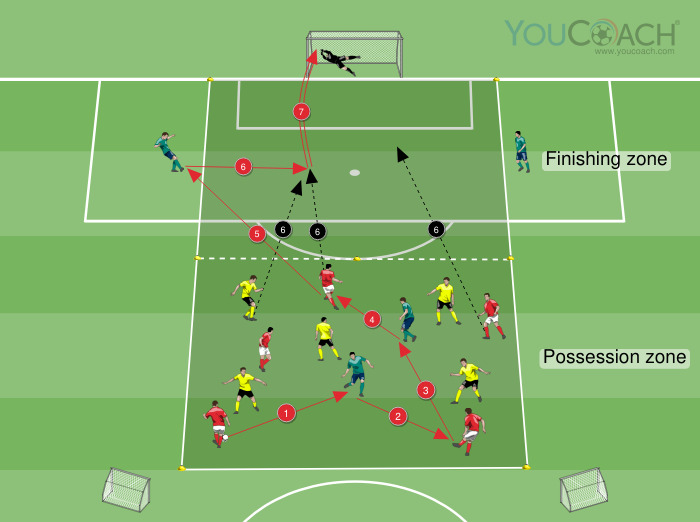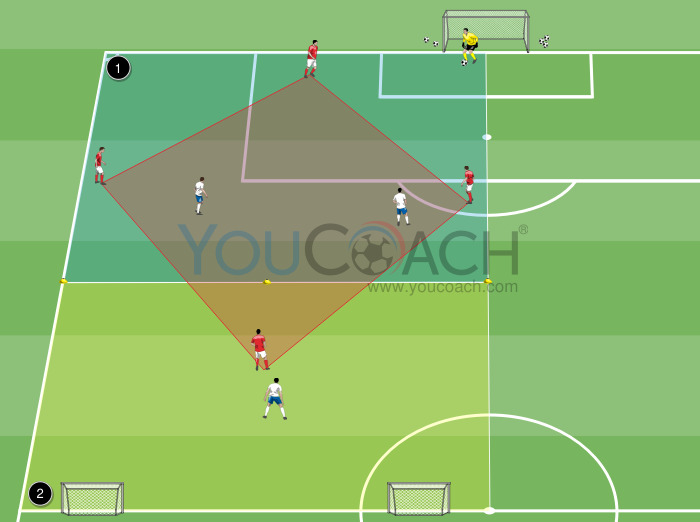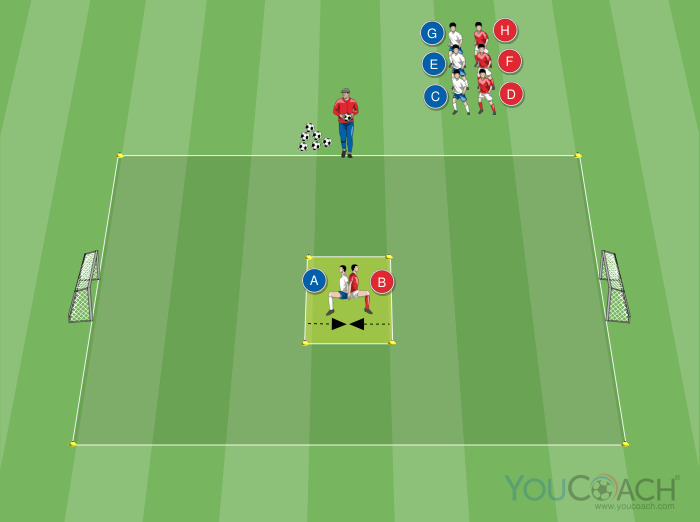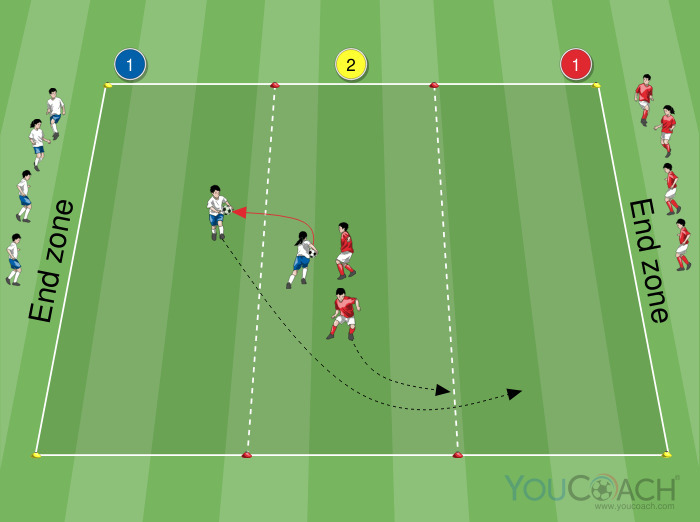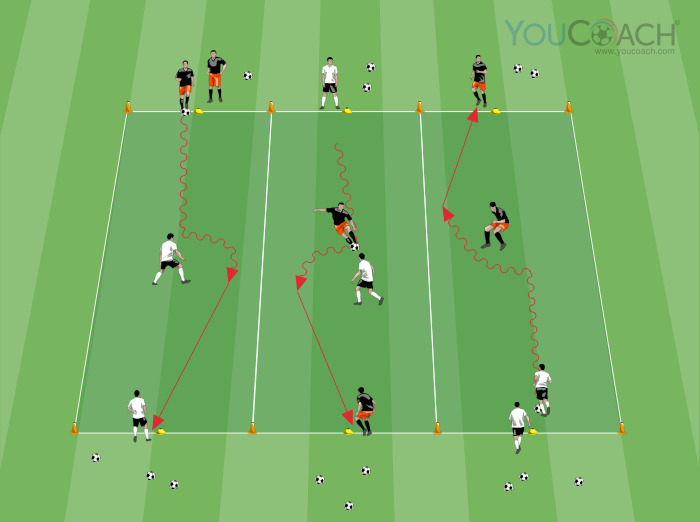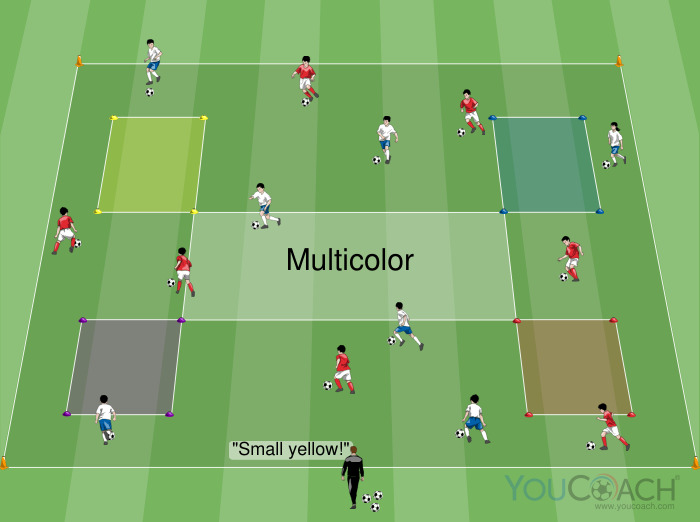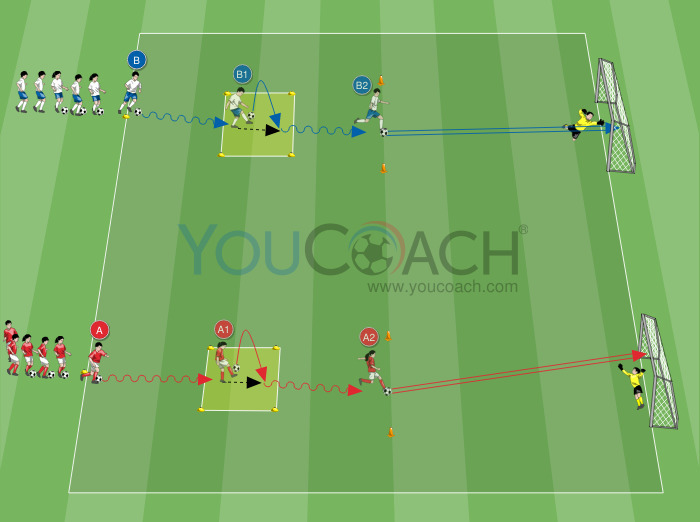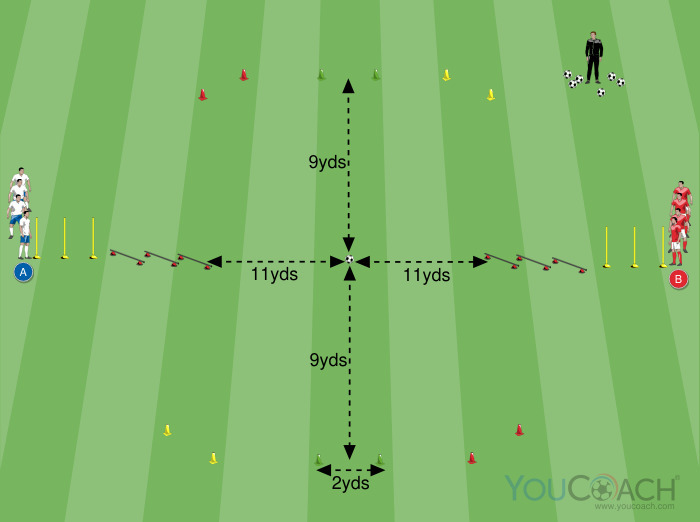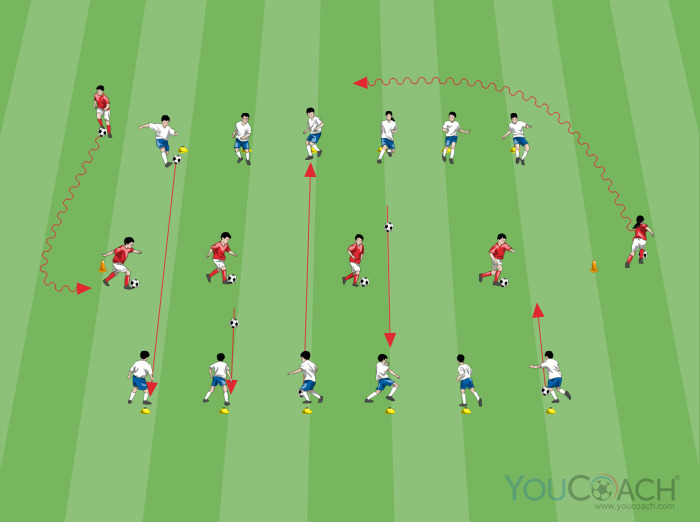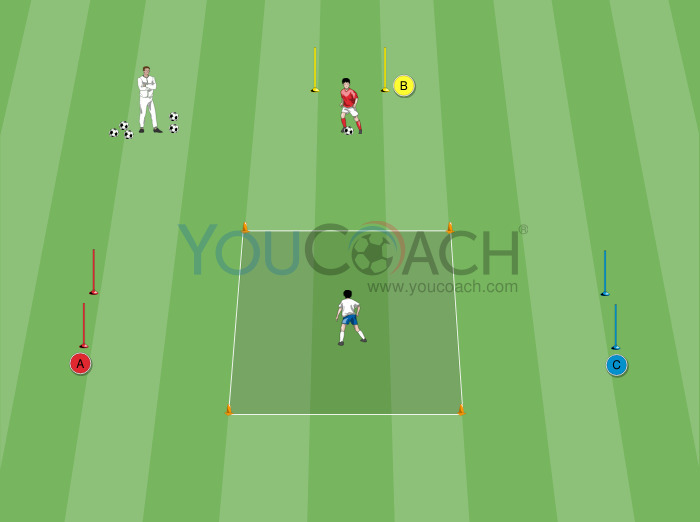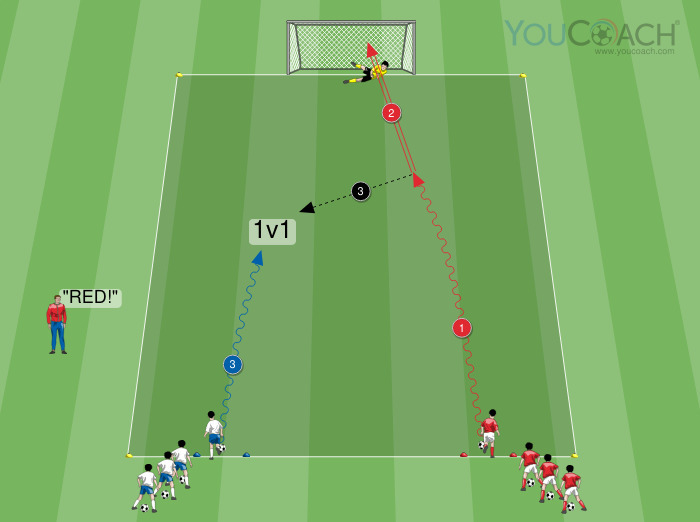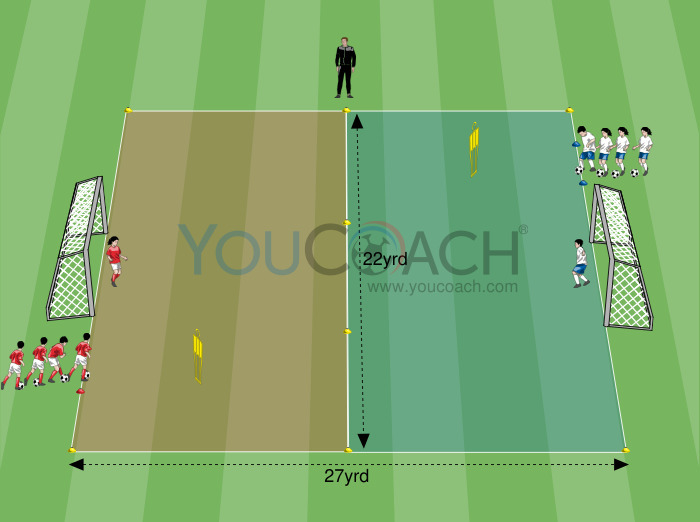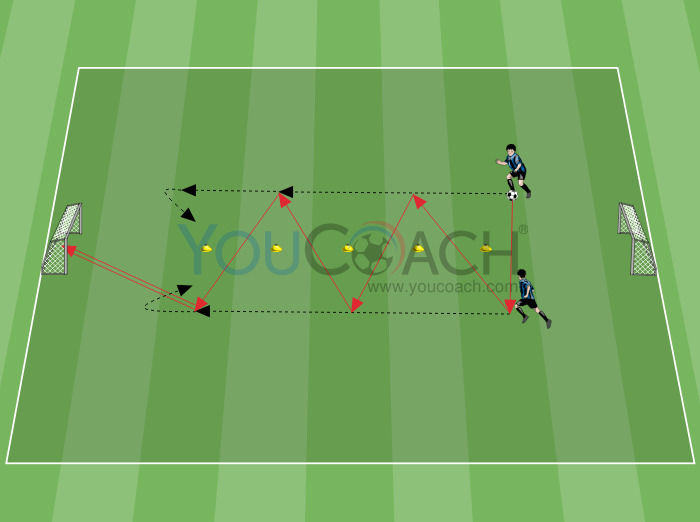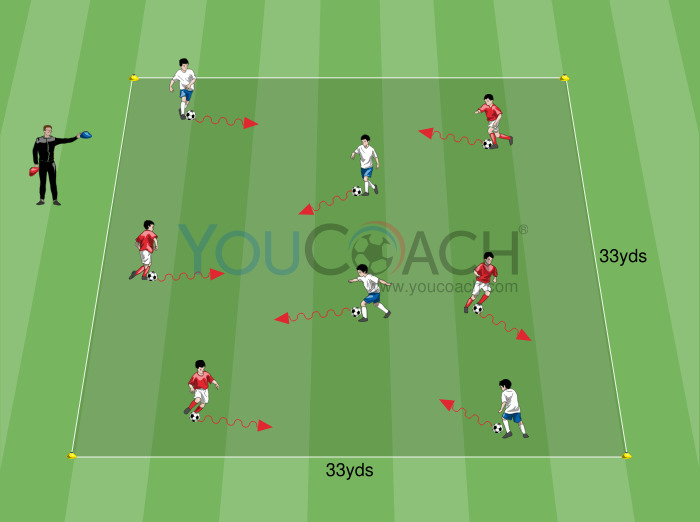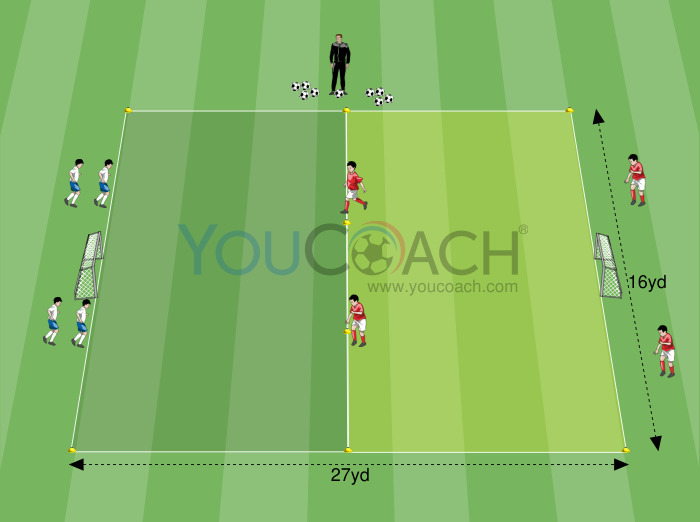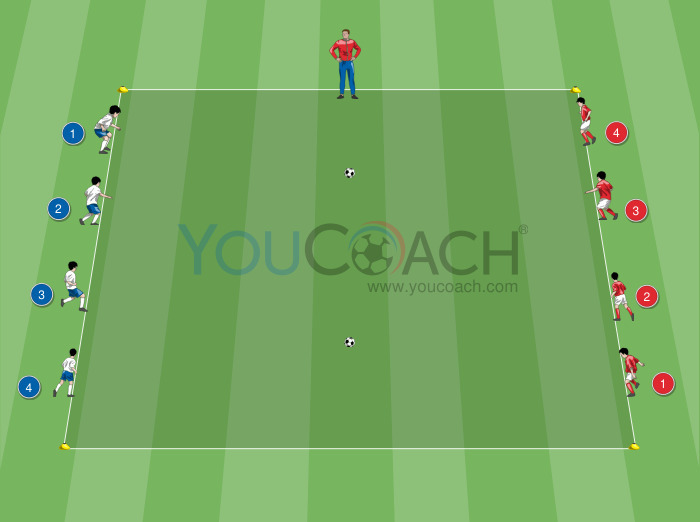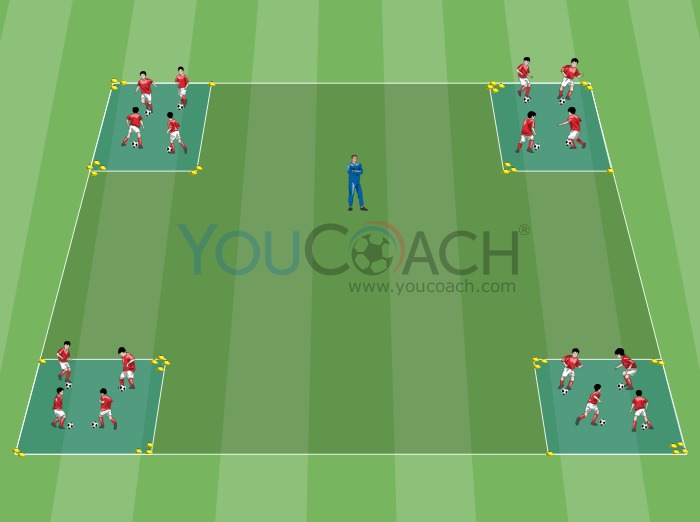Mistakes in reasoning: the irrational ideas
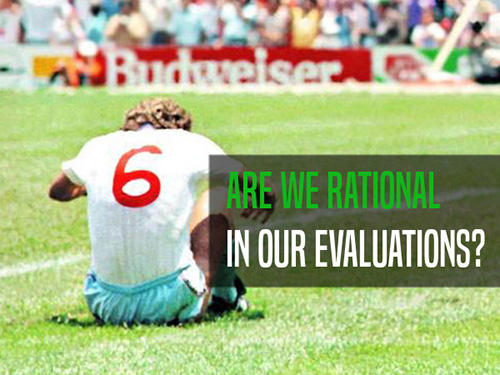
|
The article shows how some drawn by the match situations or training, may be based on beliefs and ideas that have no rational basis and is based on empirical evidence. |
In the previous article we talked about the main distortions of thought that leads us to consider only some aspects of reality, through modalities that promote conclusions that are not very realistic and objective.
This article aims to extend the subject of the previous one, by dealing with the beliefs that irrationally may negatively affect out emotional state and most of all our level of anxiety.
Such beliefs differ from the distortion previously described because they form a process that is more static in thinking , that is they represent our beliefs and our preconceptions that have formed within a lifetime and on which we have probably never stopped reflecting, cause they are so rooted in our nature therefore implicit, “unaware” and undoubted. Nevertheless, these ideas results in generating a tense atmosphere in us and in others, and it contribute to the occurrence of anxiety.
- Responsibilization. It is that kind of thinking that puts us in a condition of duty and that is enclosed in sentences such as “I must be a good coach”, “we must win the championship”, “we must shoot at goal”.The idea of duty encourage a perception of constraint and create the effect that if that duty is not fulfilled we are a failure, and we promote the occurrence of anxiety and negative feelings. Sometimes we transform in duty what we want to do or be, with negative effects. So let’s try to tell ourselves “I WANT to be a good coach”, “WE WANT to win the championship”, “I WANT to shoot at goal”…it is a different story.
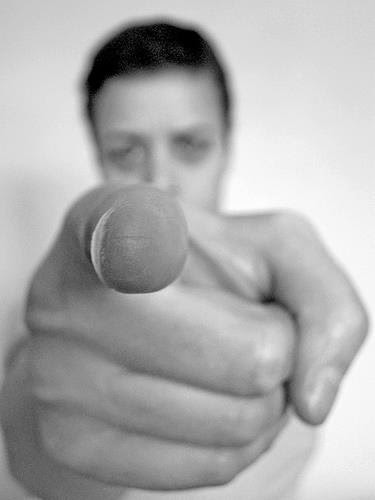 Unbearableness.This irrational idea echoes in sentences such as “I can’t stand when they challenge my choices”, “I can’t stand when the referee makes mistakes”, “I don’t tolerate when others make avoidable mistakes”.However, the unbearableness or the non tolerance show a condition that puts in serious danger our survival or that it is incompatible with our state of health. This concept initiates in us a survival mechanism that, as stated in the previous articles, represents an ancestral activation answer. When we react for survival anxiety mechanism trigger and although excessive they give us many problems. Being therefore in conditions of unbearableness and intolerance it is more likely that we will fall into tension states that are not very productive. It is true that many actions or situations during training and/or during the match can be very annoying however we can survive.
Unbearableness.This irrational idea echoes in sentences such as “I can’t stand when they challenge my choices”, “I can’t stand when the referee makes mistakes”, “I don’t tolerate when others make avoidable mistakes”.However, the unbearableness or the non tolerance show a condition that puts in serious danger our survival or that it is incompatible with our state of health. This concept initiates in us a survival mechanism that, as stated in the previous articles, represents an ancestral activation answer. When we react for survival anxiety mechanism trigger and although excessive they give us many problems. Being therefore in conditions of unbearableness and intolerance it is more likely that we will fall into tension states that are not very productive. It is true that many actions or situations during training and/or during the match can be very annoying however we can survive.
- Total judgment on oneself and the others: it is that kind of thinking that attribute a label to oneself or to the others, by giving a global judgment on a person, separating him from his actions and from context. It is expressed through sentences such as: “you are a incapable”,”I am a stupid”, “what a clod” Inside the field these types of judgments are often on the agenda both in the relationship between coach and player and among players. However, they seem to deny the person any kind of “redemption”. Label a player has the effect of conferring him a condition from which he can’t easily escape (if he is incompetent, he can’t never be capable) and it generate anxiety and feelings of depression and frustration. These judgments should be therefore avoided in favor of judgments defined to action through constructive criticism.
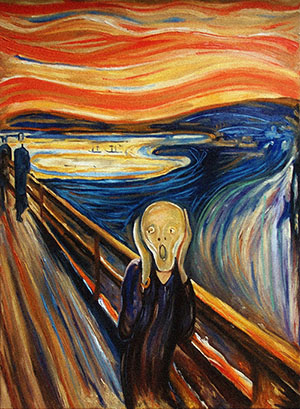 Catastrophization. These judgments imply an extremely negative view of situations and are expressed with sentences such as “it’s unbearable to miss tactic” “it would be horrible if X got hurt” “it is horrible to be whistled by your supporters”. This kind of ideas, if we describe a situation taken to its extremes, has the effect of increasing anxiety and the perception of being doomed. Therefore it is worth considering if what happens inside the field is really so catastrophic or if it is only very unpleasant, but negotiable. To think that things, as much as unpleasant, can be overcome, allows us to take the edge off and promoting a more productive and proactive atmosphere.
Catastrophization. These judgments imply an extremely negative view of situations and are expressed with sentences such as “it’s unbearable to miss tactic” “it would be horrible if X got hurt” “it is horrible to be whistled by your supporters”. This kind of ideas, if we describe a situation taken to its extremes, has the effect of increasing anxiety and the perception of being doomed. Therefore it is worth considering if what happens inside the field is really so catastrophic or if it is only very unpleasant, but negotiable. To think that things, as much as unpleasant, can be overcome, allows us to take the edge off and promoting a more productive and proactive atmosphere.
- Essential of greatest needs. They relate to those ideas concerning the extreme requirement to satisfy certain needs, such as, “it is imperative to shoot at goal”, “there can be no wrong passes”. Even in this case we can say that, in reality, absolute needs concern those useful to our survival. When we think we have an absolute need, out body activate itself as when in danger (lack of food or water), creating tension and anxiety. Indeed it is desirable to shoot at goal, to win and not make any mistake, however if it does not happen we can nonetheless survive and to think about that prepare us to a favorable climate for the fulfillment of our expectations.



